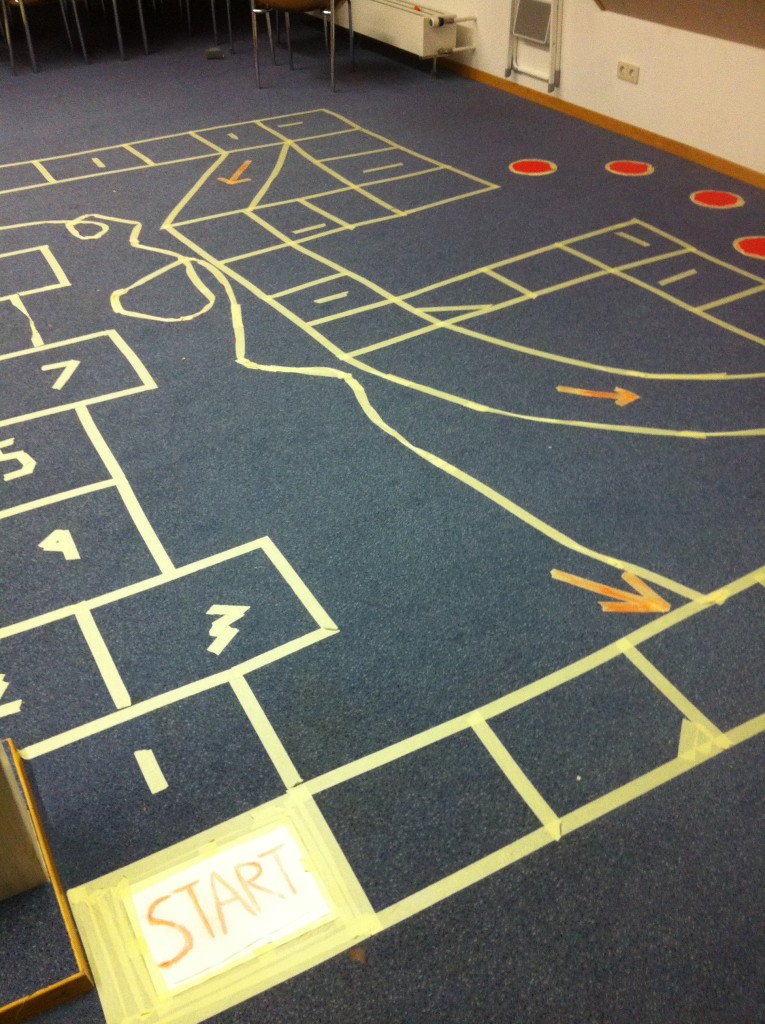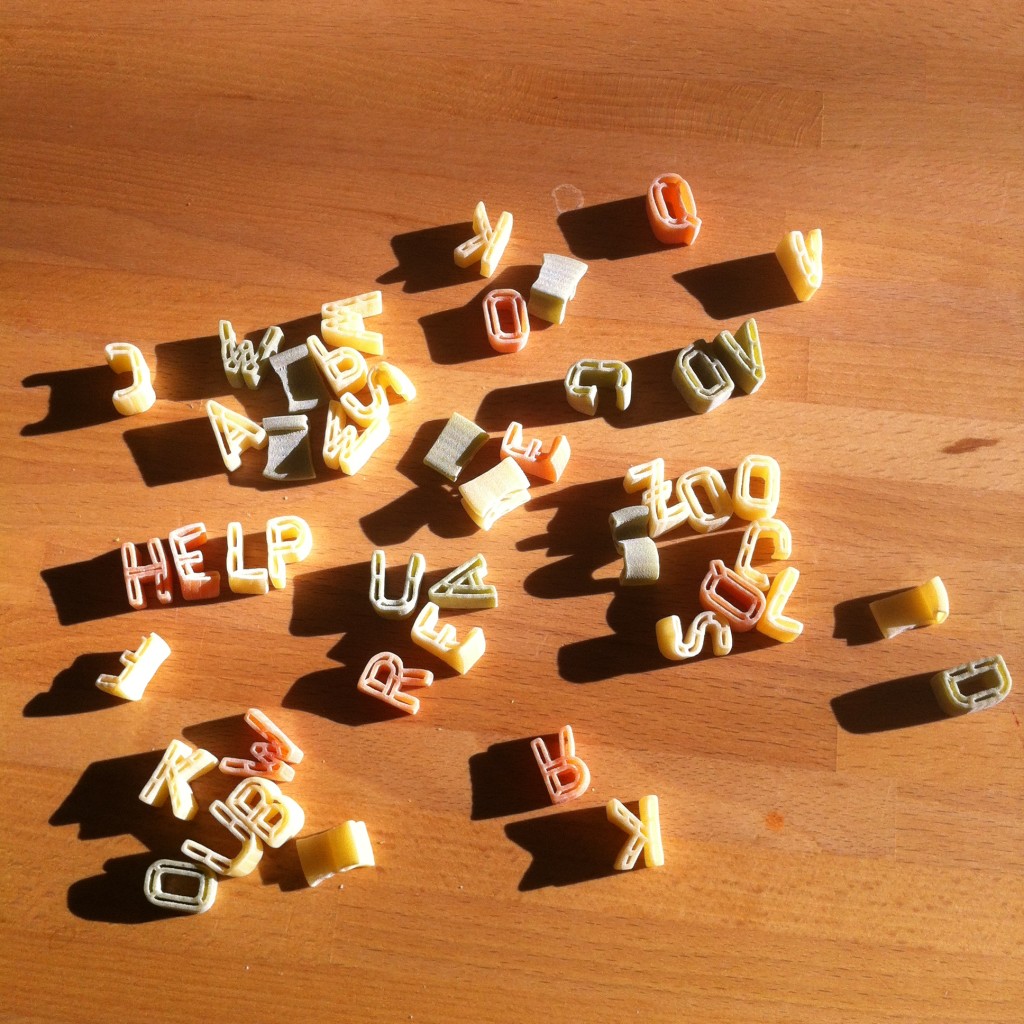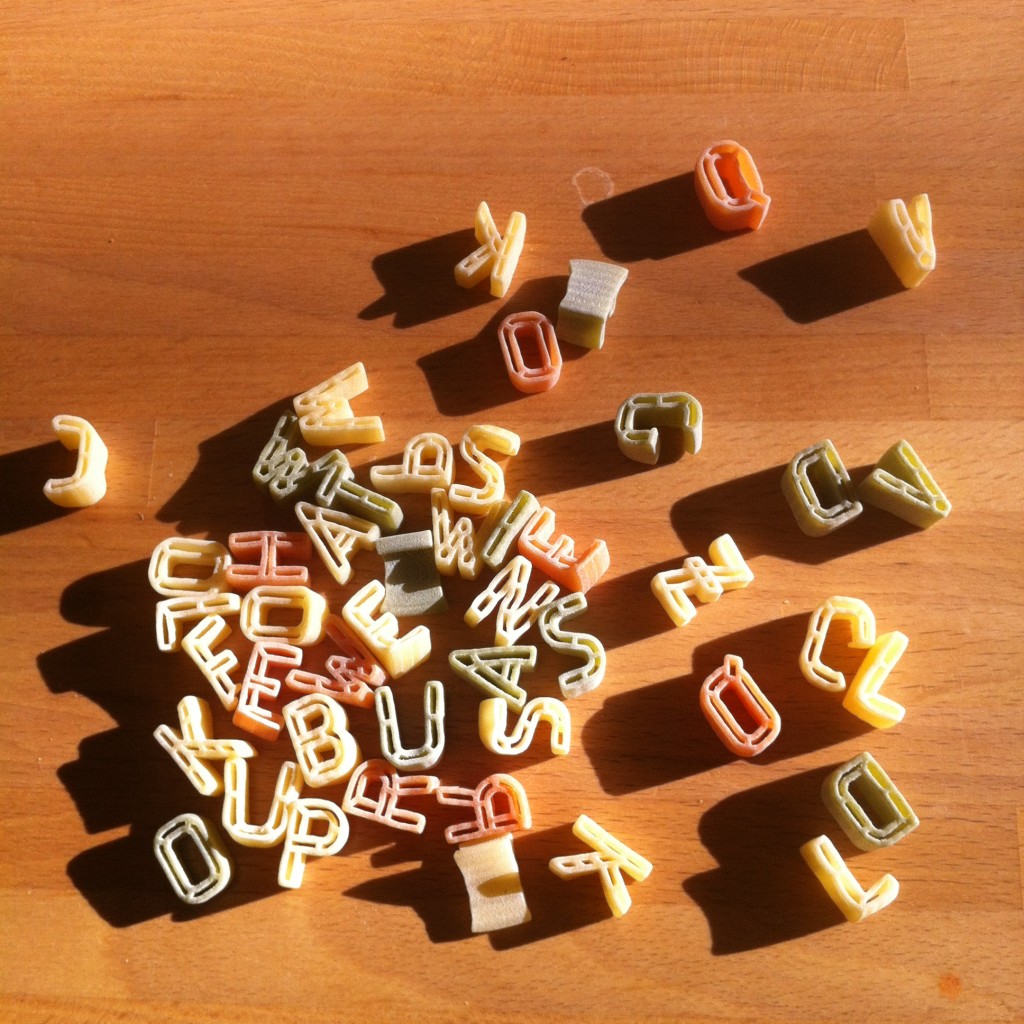Two months ago, I filled out a volunteer form, and the in the experience section, I bragged that I was the “baby whisperer aka basically good with kids.”
Friends, if you ever brag, make sure it’s not an empty brag.
The leadership of this event (for which I planned to volunteer) asked me if I would consider leading the children’s program. If you don’t think that’s a daunting task, let me tell you a bit more. 7 different countries. Ages 0-12. 8 hours a day for 10 days (minus 3 afternoons). Did I mention that half of the children wouldn’t be able to speak English (besides English, I speak a bit of Spanish and a teeny tiny smidge of German).
I like a challenge, and when I’d filled out the volunteer form, I had promised to be willing to serve anywhere whether in the kitchen, dish team, or kids area. It was time to back up my brag and my promise.
This giant board game was really fun to design with the older kids. We then worked together to create activities you had to do when you landed on that particular space (the hopscotch bit didn’t work quite like I had hoped it would).
10 Ways to Survive Cross-Cultural Childcare
Always Greet the Children
Any time the kids were being dropped off by their parents, I made sure to greet each child by name (some names took a little while to learn). I wanted the kids to know that they were known by me. I even tried to greet them in their own language after a few days. Sometimes it felt really obnoxious to be yelling hello again (or good-bye), but I know I always feel a million times better when someone says my name in greeting.
Don’t Underestimate the Language of Play (and Body Language)
It’s easy to freak out when you’re faced with a mob of children, and you can’t communicate verbally with half of them. I hated that. I hated not being able to speak right to the children, but I had to find other ways to enter into their worlds. When they played puppies, I played puppies, too. I built Lego houses, men, flying contraptions, and pillars. If you can cause kids to giggle, you’re in.
Structure Your Time
For my group of kiddos, our schedule was a simple list written on a piece of construction paper. I could look up from anywhere in the room to consult what might be next in the day. The list eventually had to be taken down after being smothered in play-do, but it served its purpose those first few days.
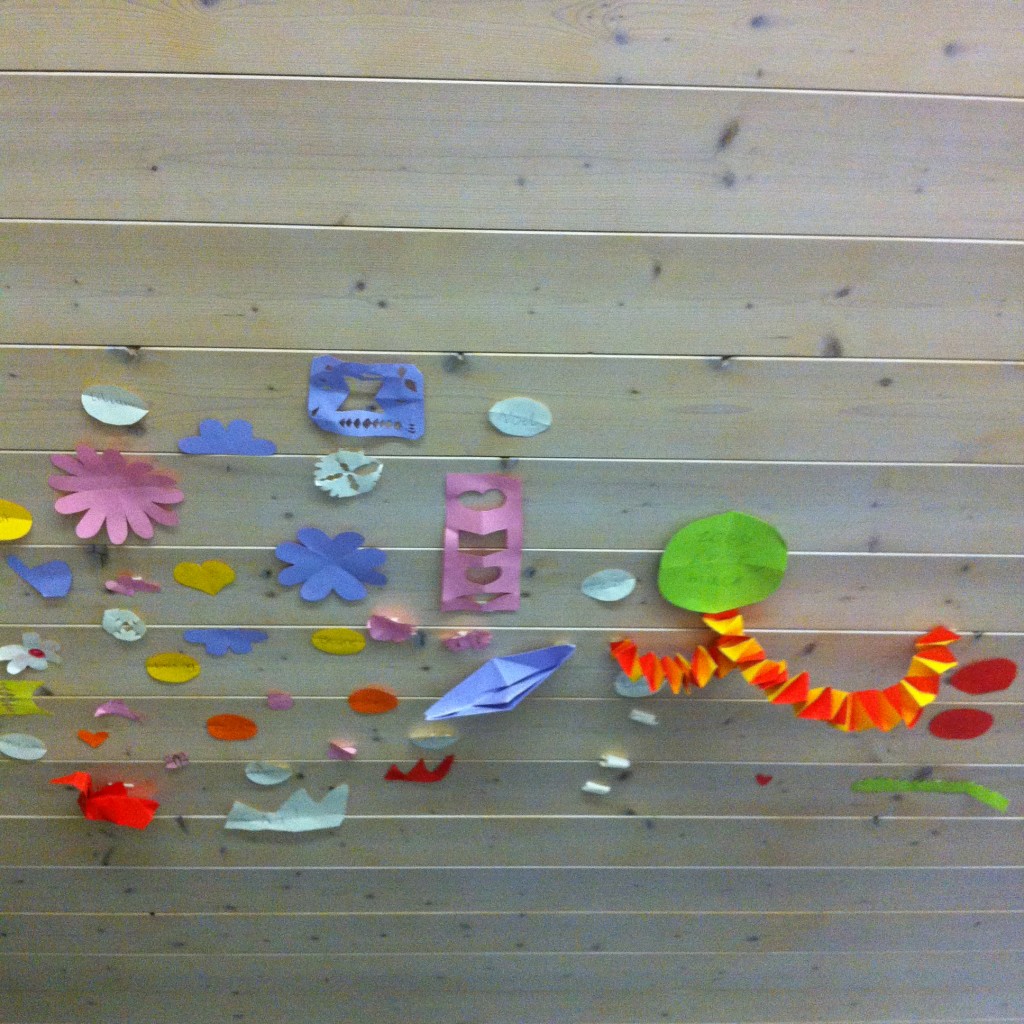
Absolutely Allow Free Play
Kids are great at playing. Well, not always. But mostly, they are. So do it. Sit back and allow them to play with themselves or with each other. They’ll have fun for about 30 minutes (at least my bunch did) before you need to rein them in for a group activity.
Group Activities
When the kids began to run out of control, I discovered that a group activity usually reined them in perfectly. I used easy, no-prop games like Duck, Duck, Batman, Ollie Ollie Octupus, Mr. Wolf, and Fire, Water, Storm. These games were lifesavers for being stuck indoors most of the time.
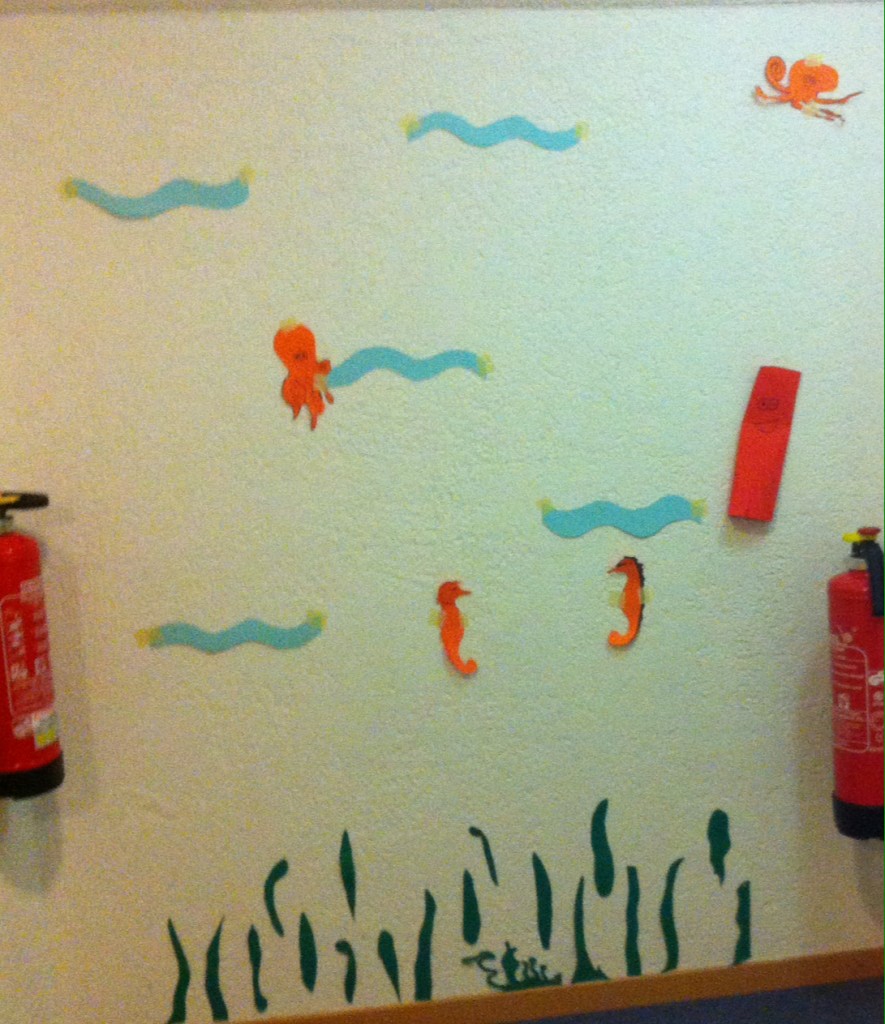
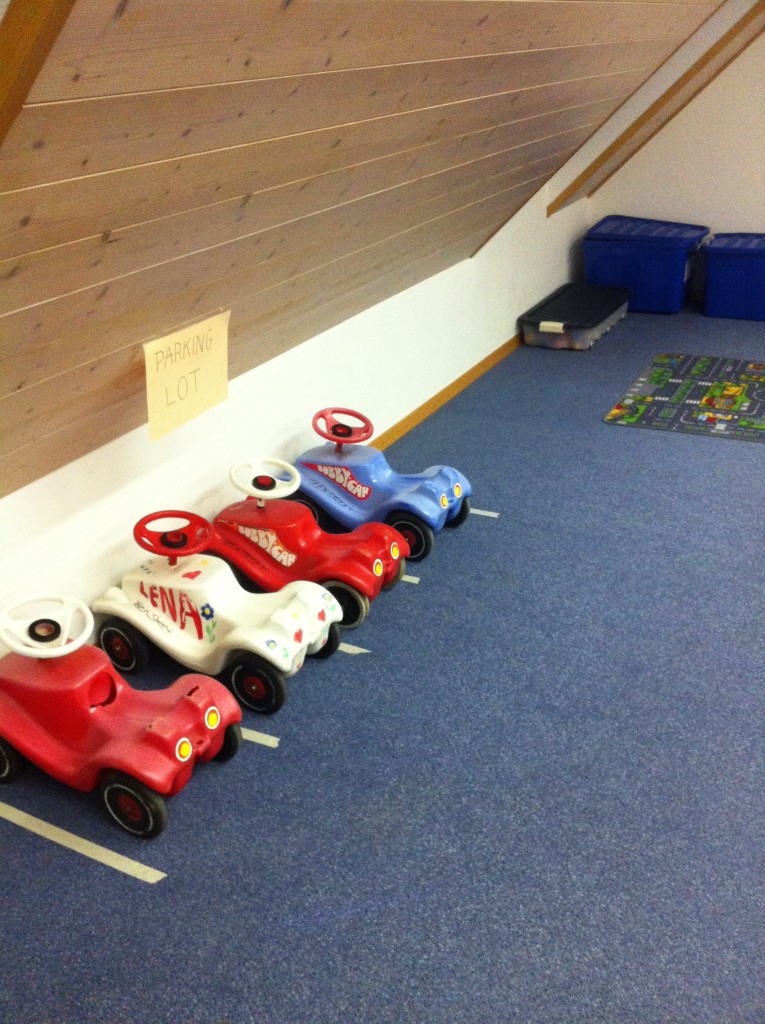
Story Time
Kids need to sit still sometimes. And we adults need the kids to sit still, too. I liked to either read a book to the kids, act a story with my hand-puppets (I drew faces on my hands and named one Mrs. Lips and the other, Mr. Mustache), or help the kids act out a story. I think our greatest success was acting out the story of Joseph (a bunch of the kids wanted us to act it out for their parents, too).
Let’s Imagine
Take advantage of imagination games. When things are escalating towards wild, this is the perfect time to start whispering or suggest something zany. I asked one girl once if I could make her into bread. She thought that was weird, but after I baked her into some bread, I had half the classroom wanting to be baked into bread as well. Fifteen minutes of entertainment.
A Surprise Bump on the Head and Fake Injuries
Sometimes a kid will just fall over. Sure, it hurt, but it’s not a terrible injury. This can be hard to judge sometimes, but I usually like to laugh these off rather than making a big deal out of it. Perhaps that’s harsh. But, listen, I usually conduct fake surgery on the whimpering child.
Me: “Do you need surgery?”
Child nods, shaking a few tears free from his eyelids.
“Okay, first, I’m going to pull on my purple dragon gloves.” I snap the imaginary gloves on up to my elbow and flex my fingers. “Do you see the scales and teeth?”
Child nods again.
“Now, I need to pick a knife out for surgery. Should I choose this knife or THIS KNIFE?”
After the child chooses the knife, I can continue the surgery.
“I’ve made an incision with this knife, and now I’m putting donuts, hamburgers, pizza, gummy bears, and maple syrup in. And now, I’ll stitch it up.”
Zip. Zip. Zip. Zip.
“Drink this magic orange medicine. Okay, it will be about 10 days before you’re fully recovered. Keep an eye out for donut swelling and you might be able to see a gummy bear, too.”
The first time I did this little imaginary game on one of the boys, I had him giggling in no time, even though he was trying not to. It then became a game, and I was able to have sometimes 8 children at once laying still on the floor, waiting for their incision to heal.
Always Love
Sometimes these sweet, rambunctious children will crawl under your skin and you’ll be so tired, frustrated, and just done. Maybe you can’t explain to one of the children why they can’t do something (because no one speaks the child’s language except their parents). It’s annoying. In that moment, you need to remember your body language because that’s the only thing the child in front of you can understand. Use your body language to communicate positive messages.
Screen Time
Don’t be ashamed if you need to turn to technology for a break for yourself and for the children. They need the down time as much as you do.
Bonus: Yes, No, or Later
You’re the boss. It’s okay to say yes, no, or later when a child asks for an activity. I found that when I used the “later” answer to also tell the child to remind me after snack or some specified activity. “Later” is always an acceptable answer.
There’s the chance that you read all the way to the bottom of this and you’re thinking, “Wow, those were all so obvious.” Well, good. But these felt like epiphanies to me as I worked with kids from all over the world. If you’ve ever found yourself caring for children from other cultures or countries, what were some of your winning and most learning moments?





